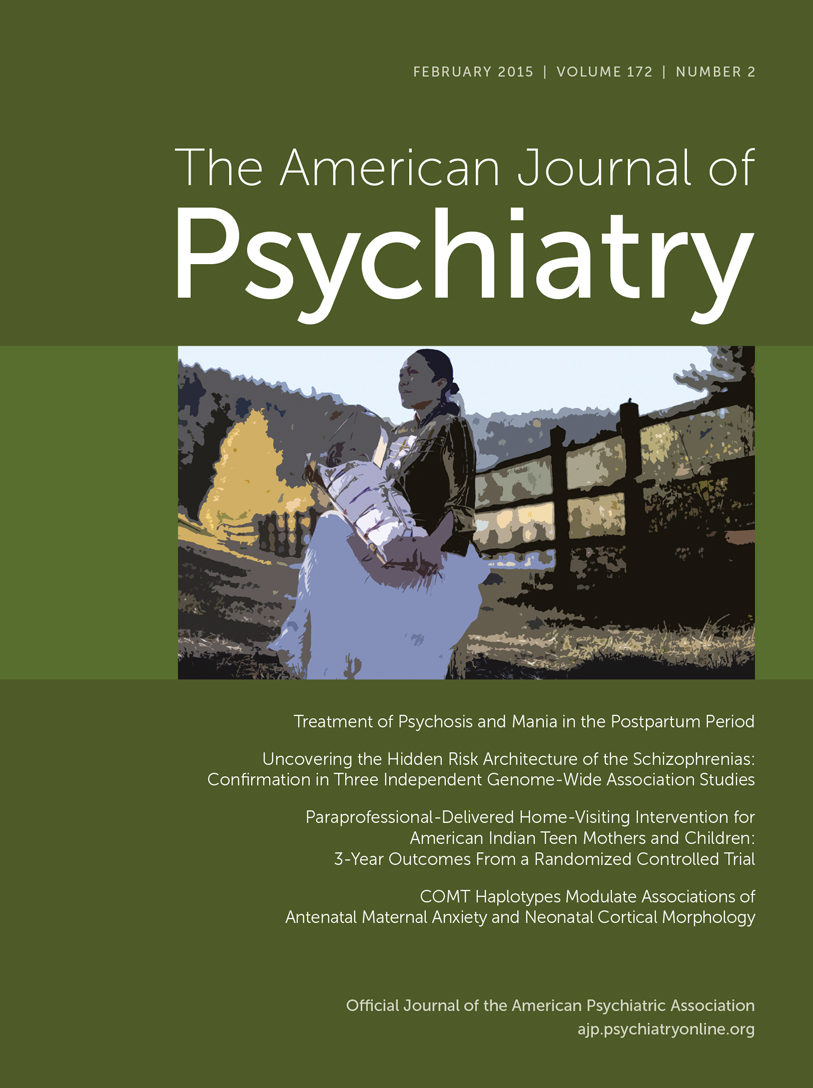Response to Kunte et al.
To the Editor: We appreciate the attention to our study and agree that the letter by Kunte et al. makes an interesting point that expands on the possible implications of our recently published findings regarding the treatment of depression. However, because of the low prevalence of cardiovascular illness in our study sample, our data are not able to address the proposal raised in this letter. The proposal to use nortriptyline for depression related to cardiovascular illness is interesting, sensible, and potentially clinically important, but it requires specific testing in a cohort of individuals with comorbid depression and cardiovascular illness. It is also important to consider the cardio-safety of nortriptyline (e.g., orthostatic hypotension, cholinergic effects on heart rate variability, and effects on QE interval).
The letter also proposes an additional biomarker of inflammation, i.e., adipocyte-specific serum amyloid A, which may be, in some cases, more sensitive than C-reactive protein. Although this is an intriguing research idea, there is less known clinically about adipocyte-specific serum amyloid A. The advantages of C-reactive protein are that it is routinely available in the clinic setting, and it can be measured with high accuracy from nonfasting blood samples collected at any time of the day. It would be prudent to consider whether adipocyte-specific serum amyloid A shares these advantages before recommending it as a stronger candidate for a predictive biomarker. Future research in the important area of depression and comorbid vascular disease will be very helpful in elucidating the answers to these questions with clear relevance to the health of an aging population.



